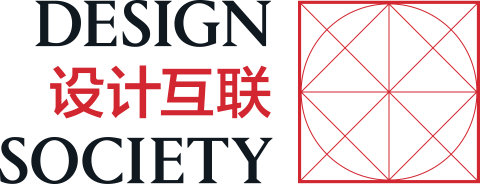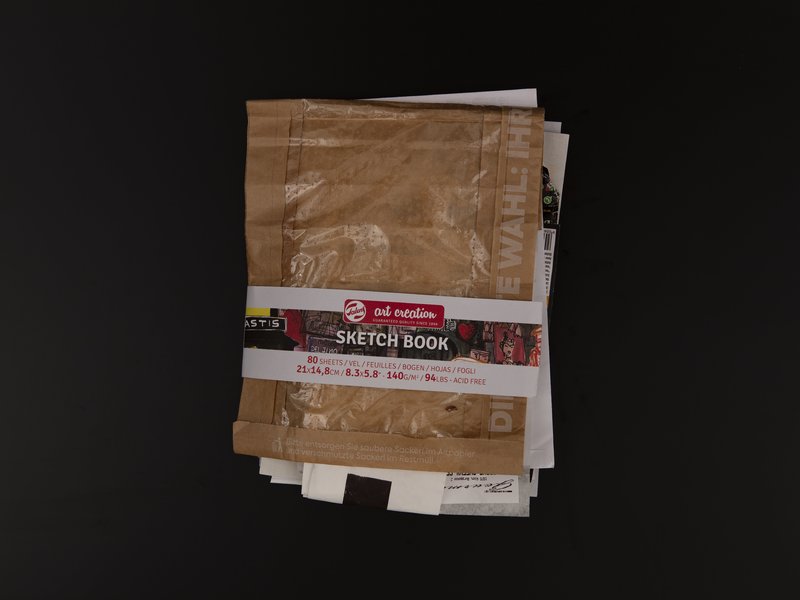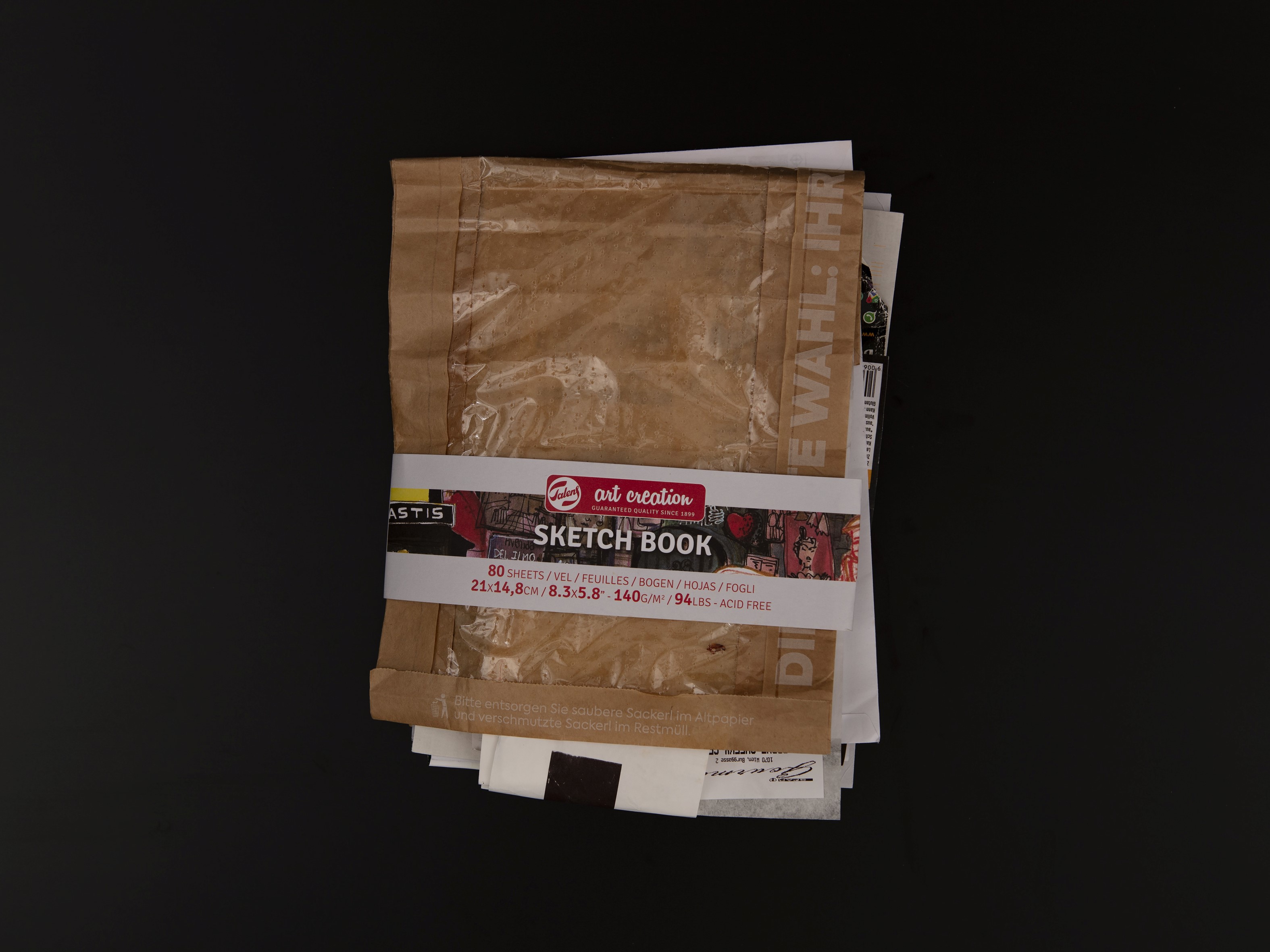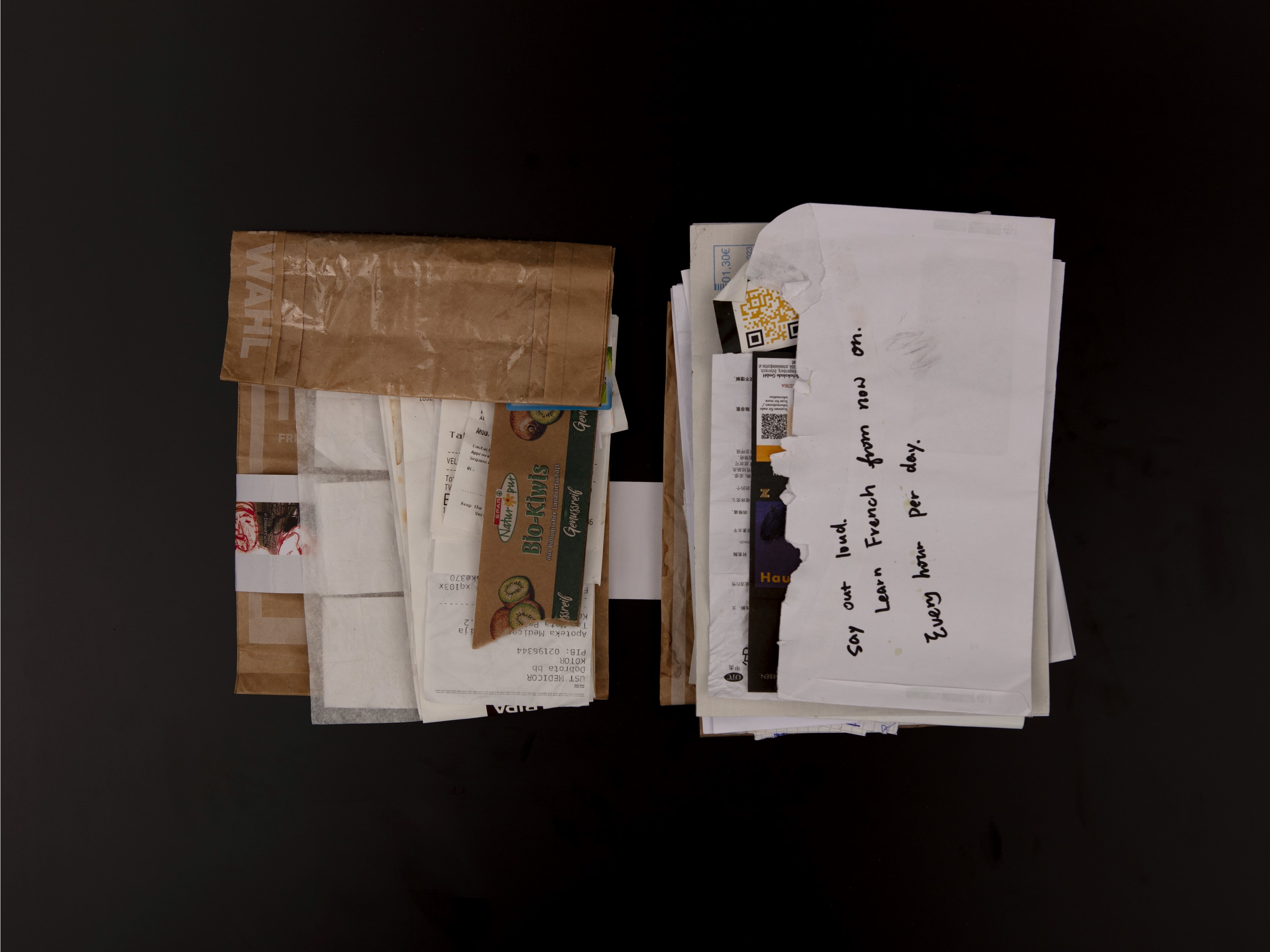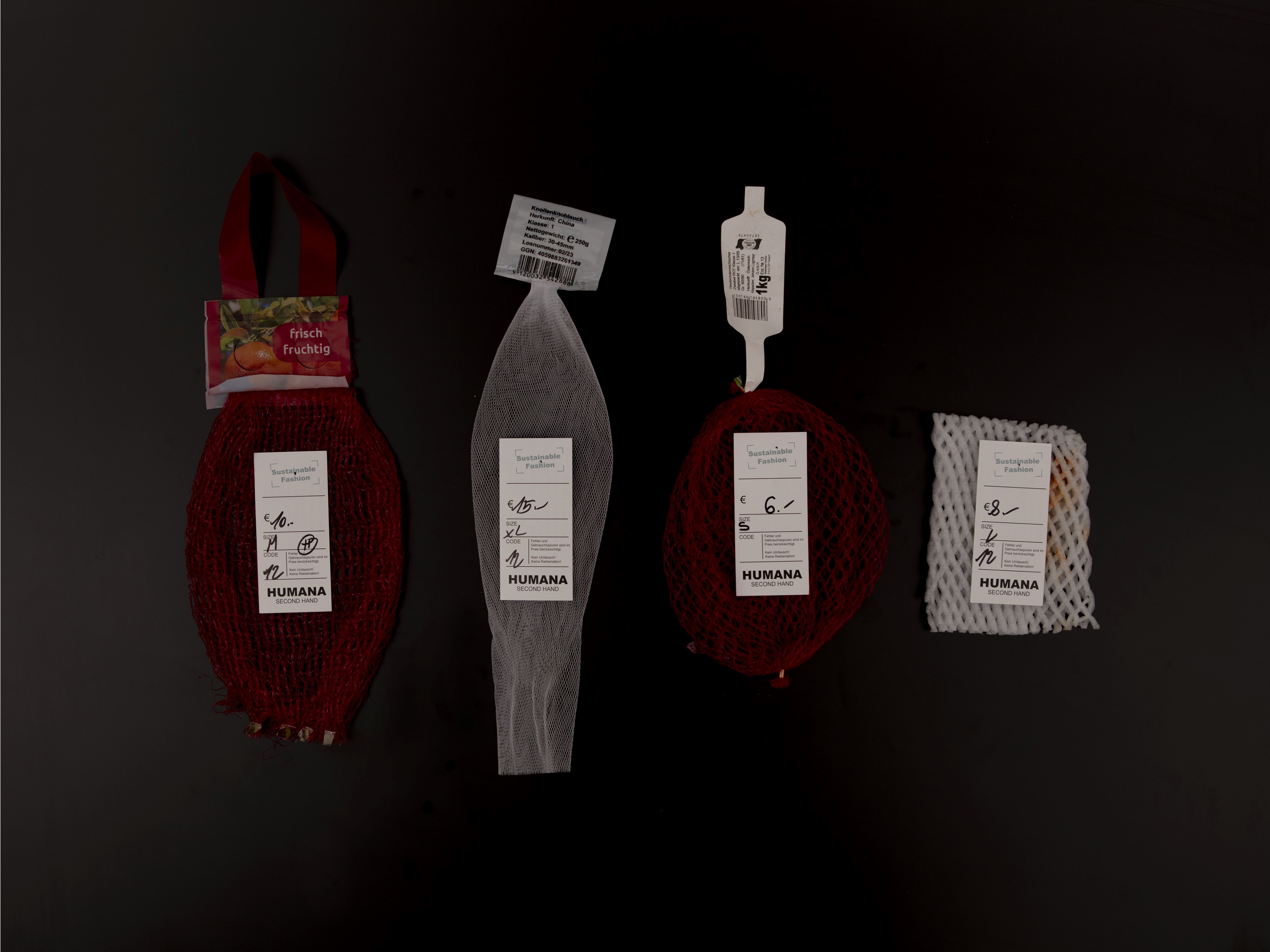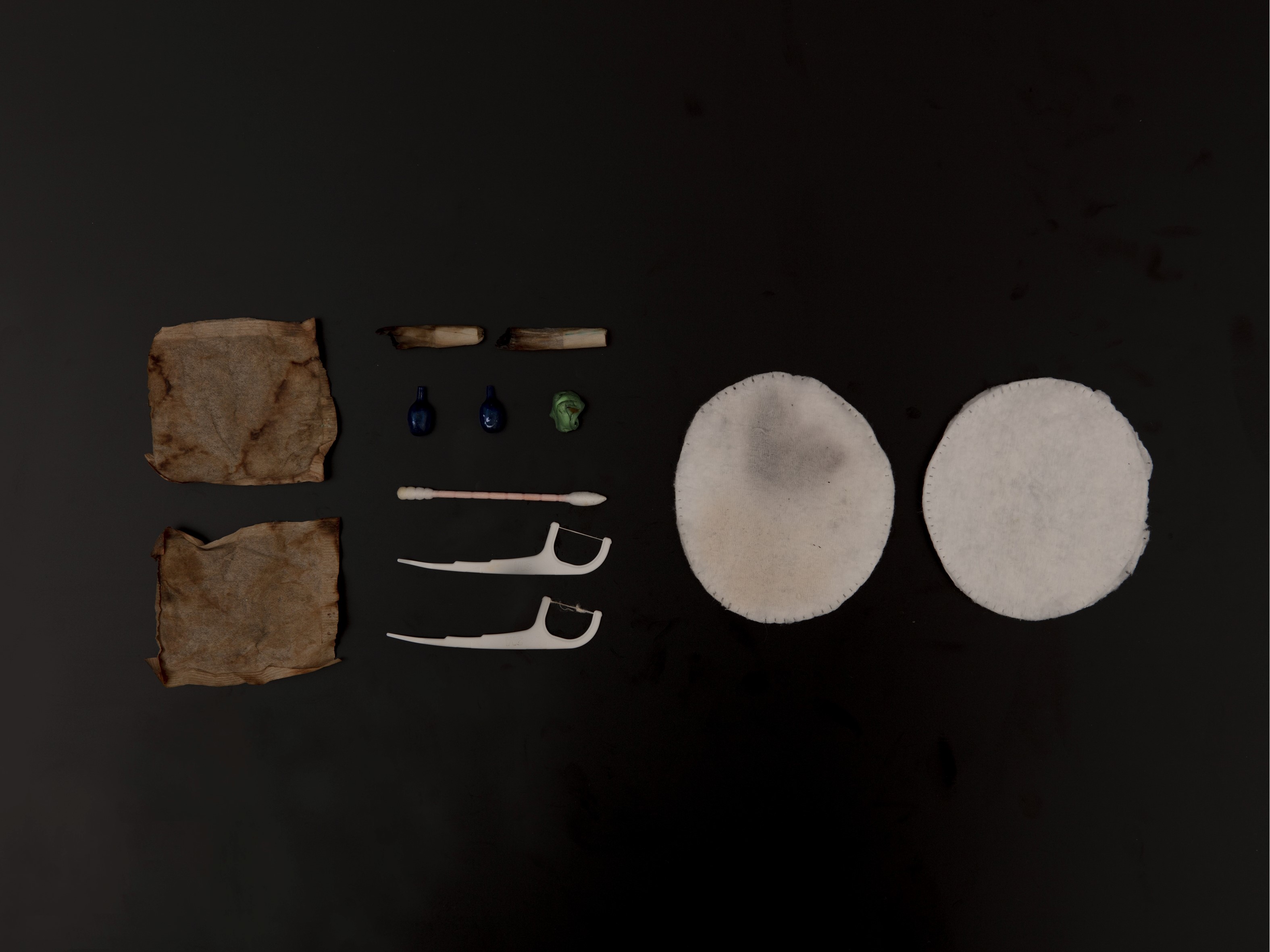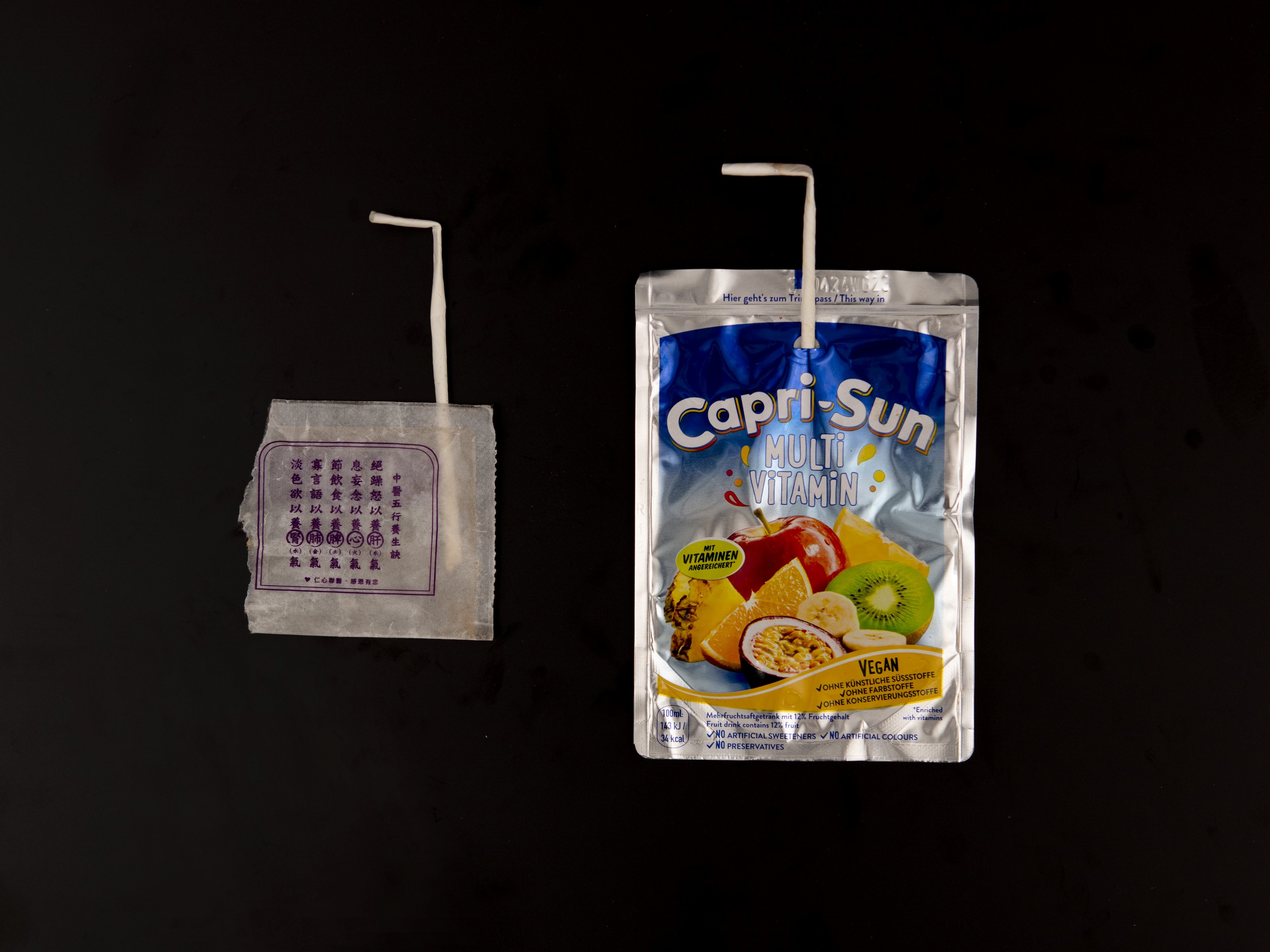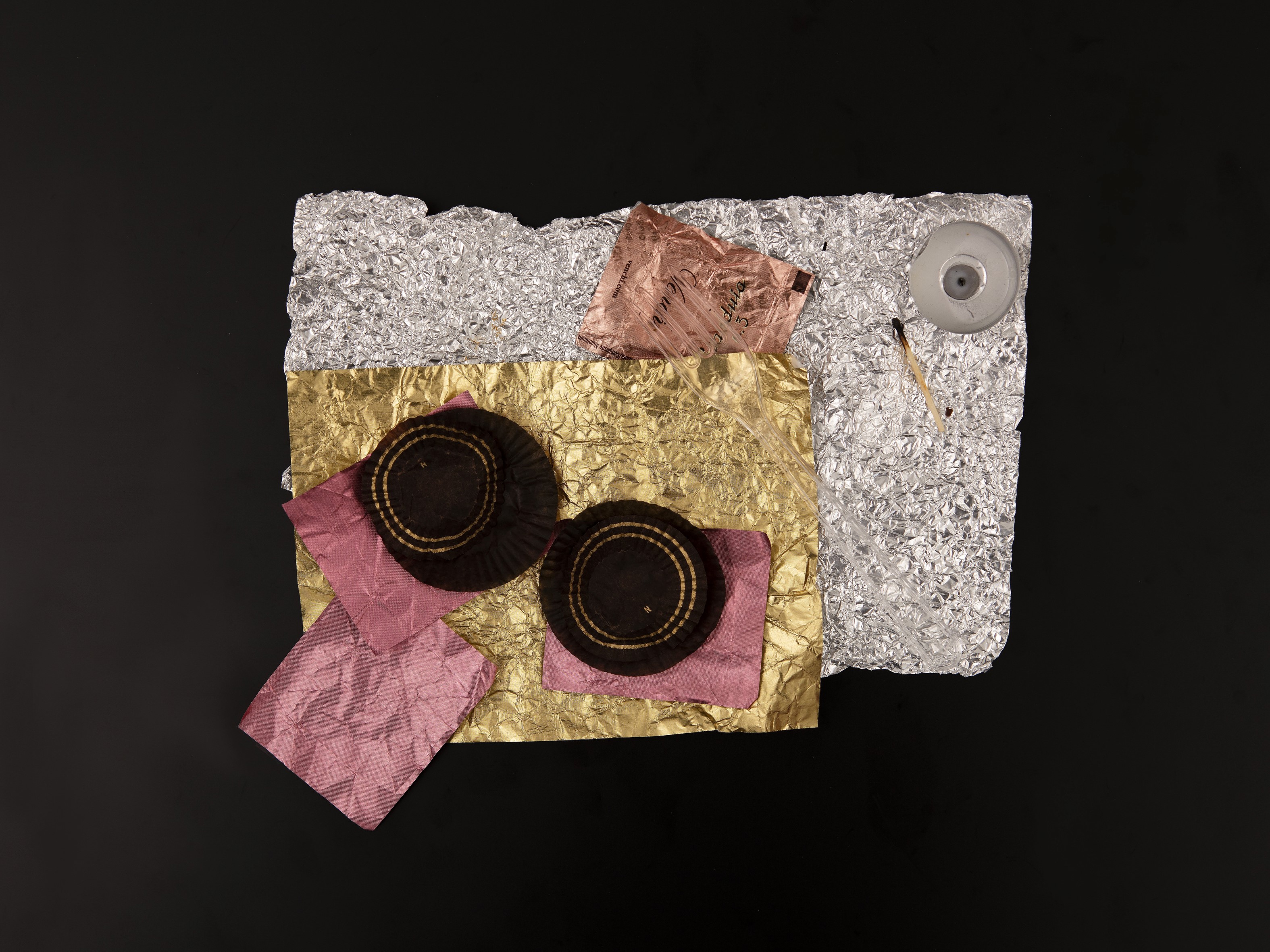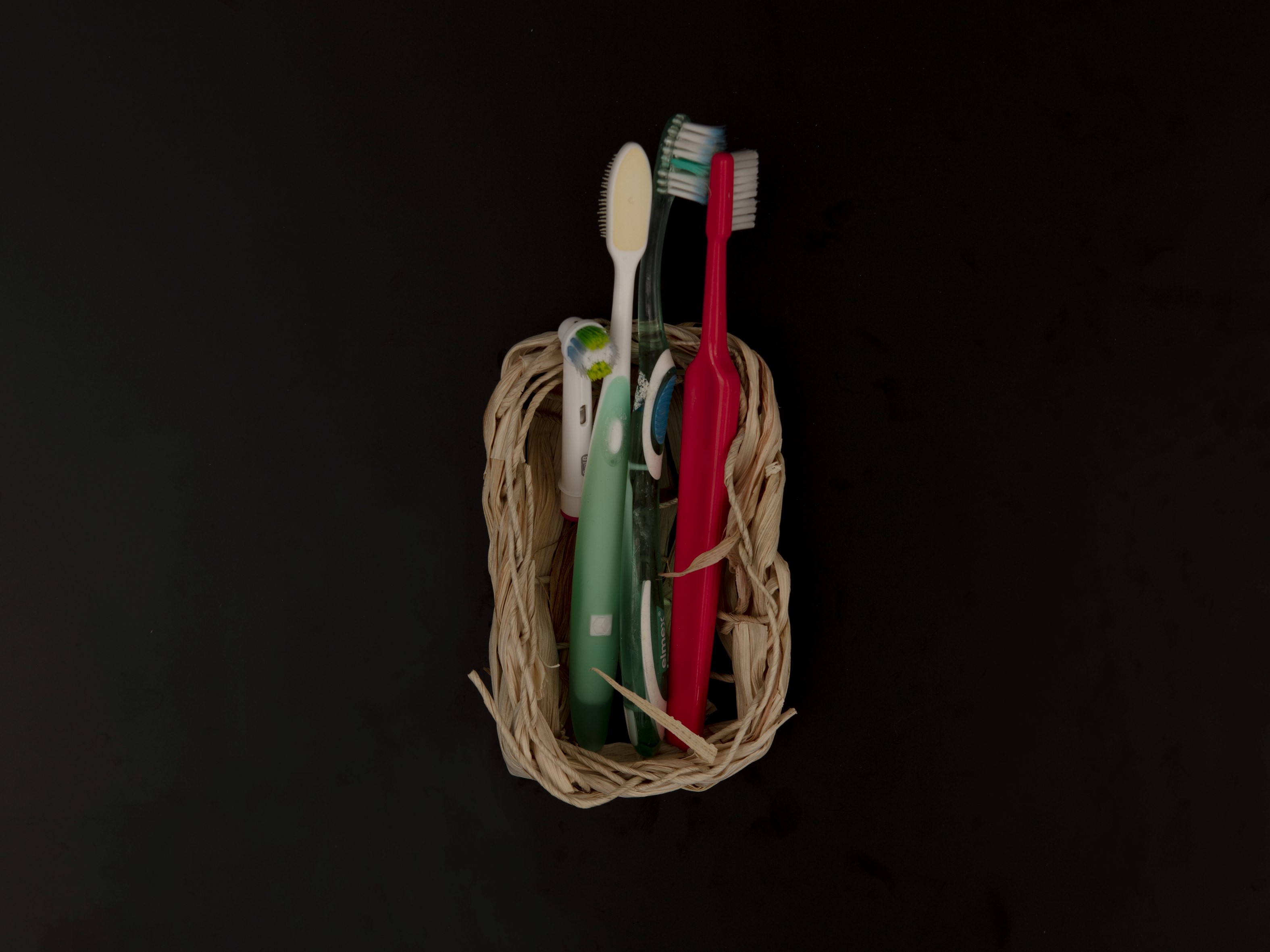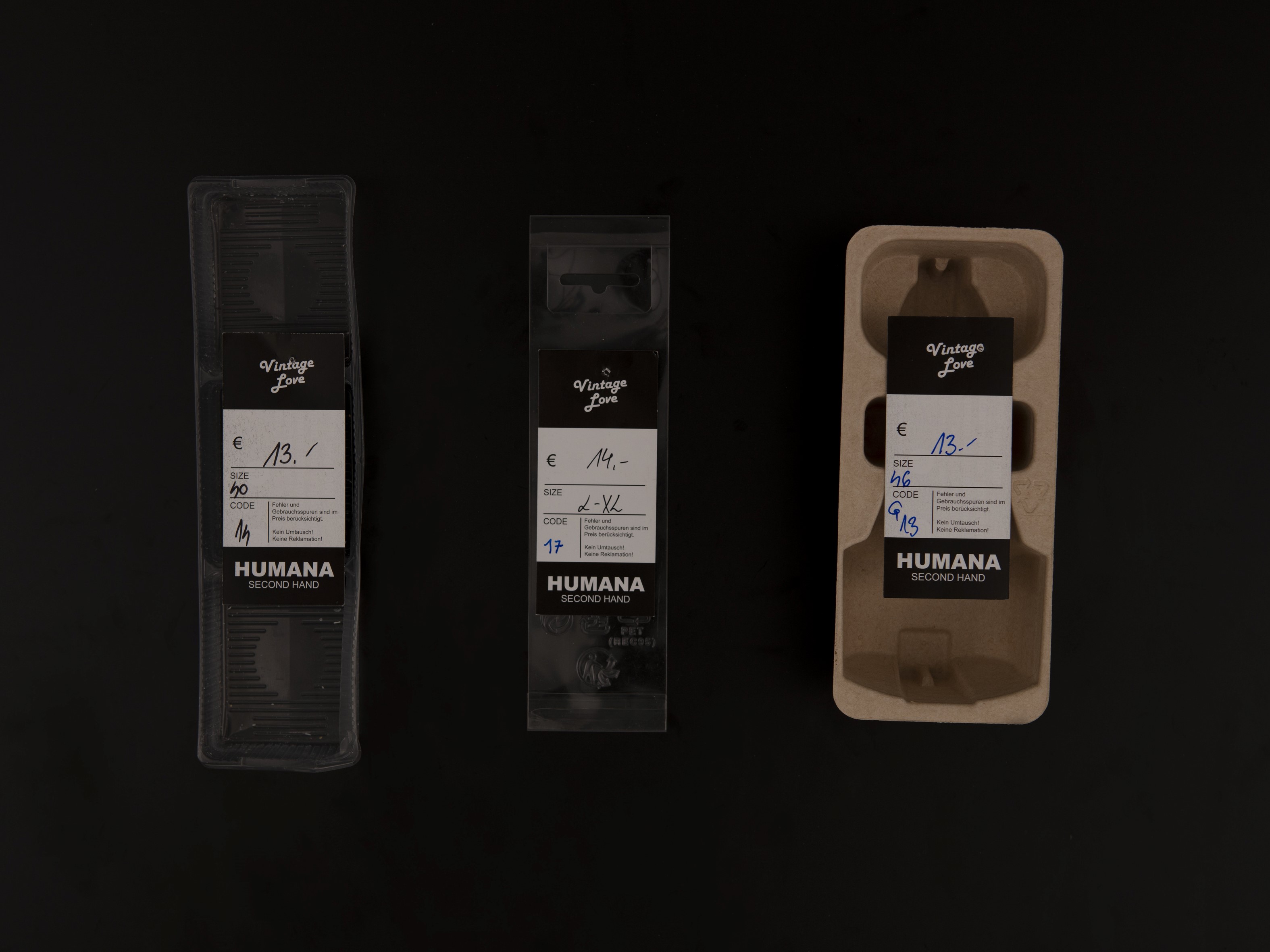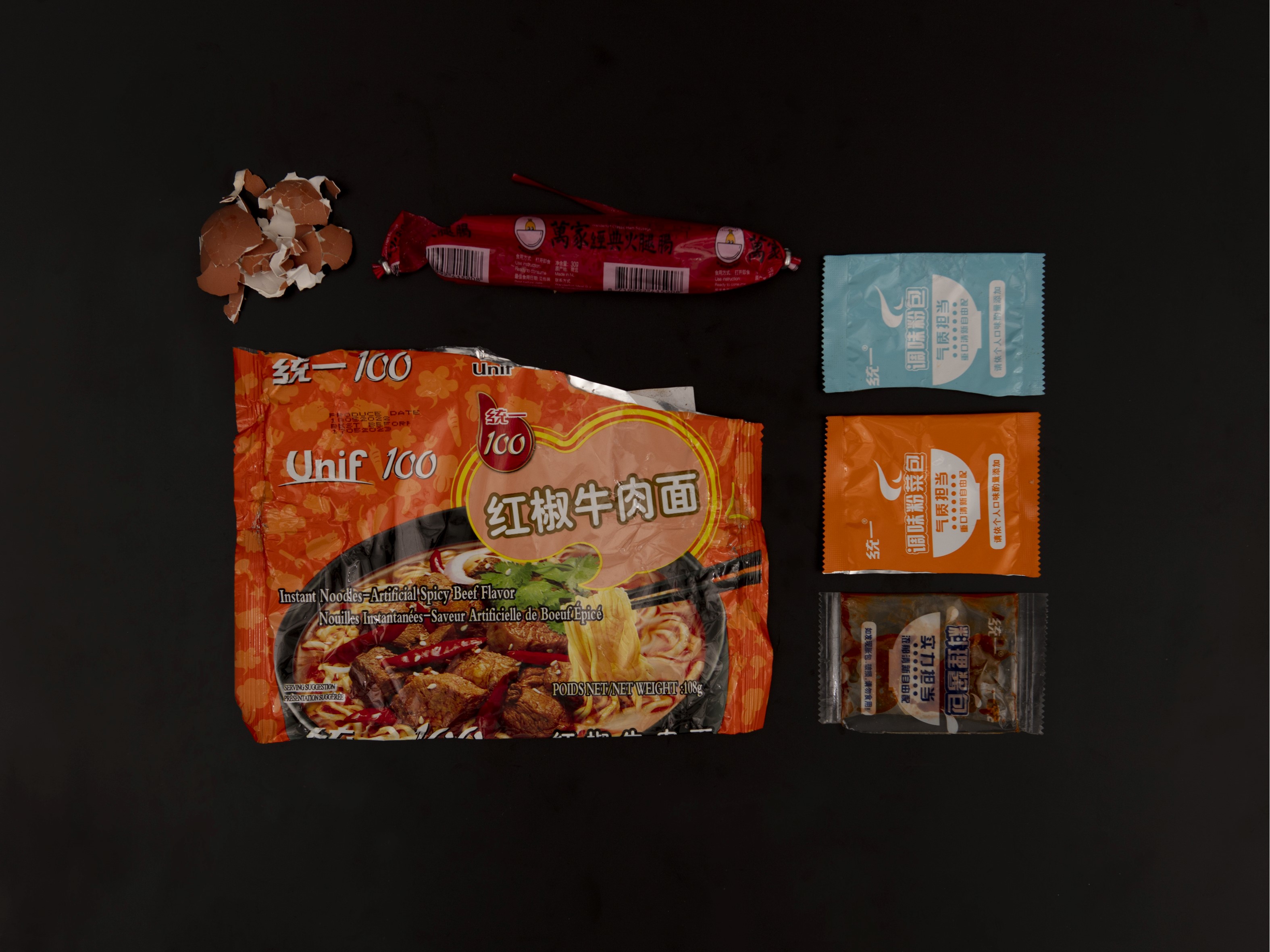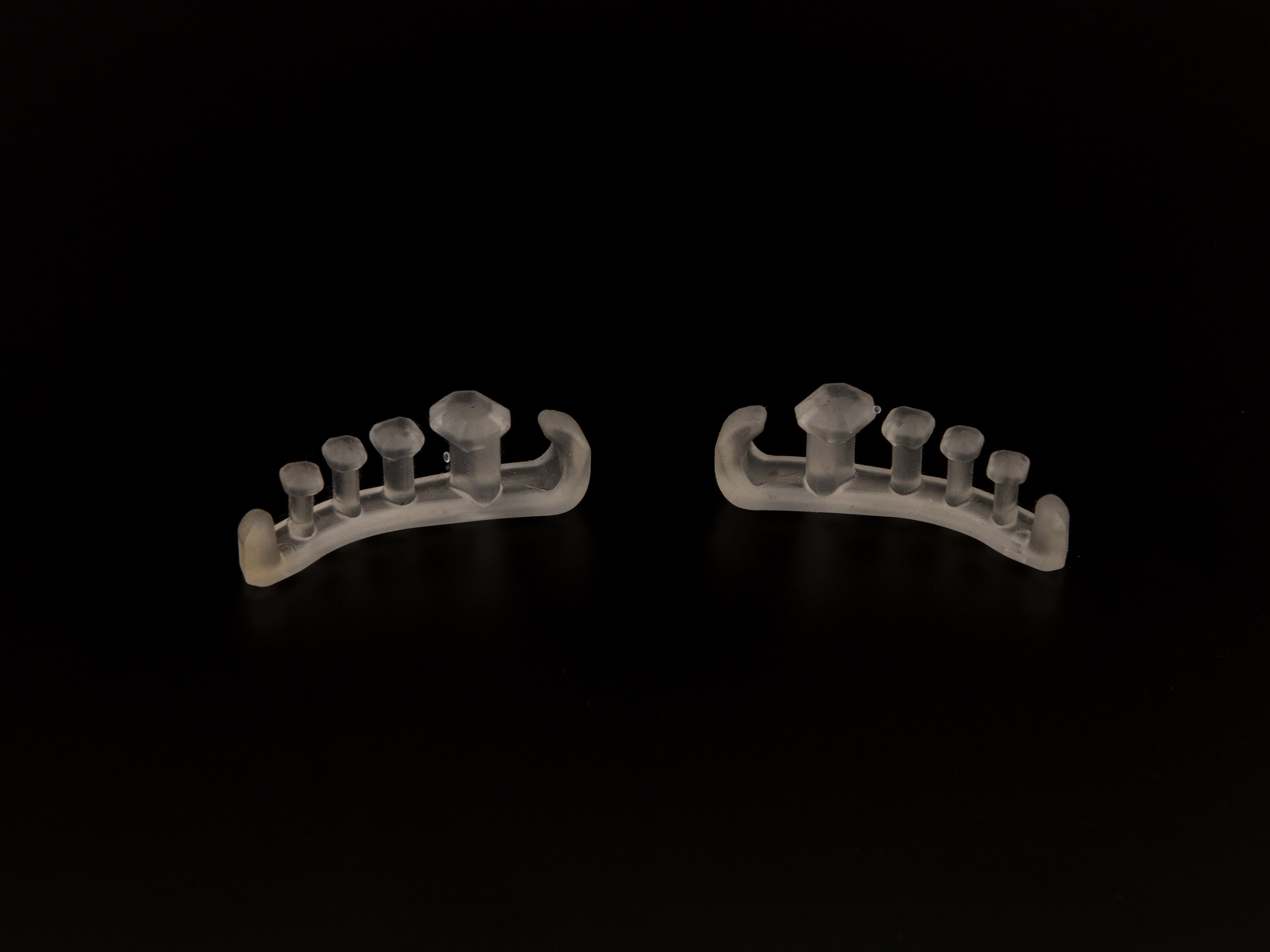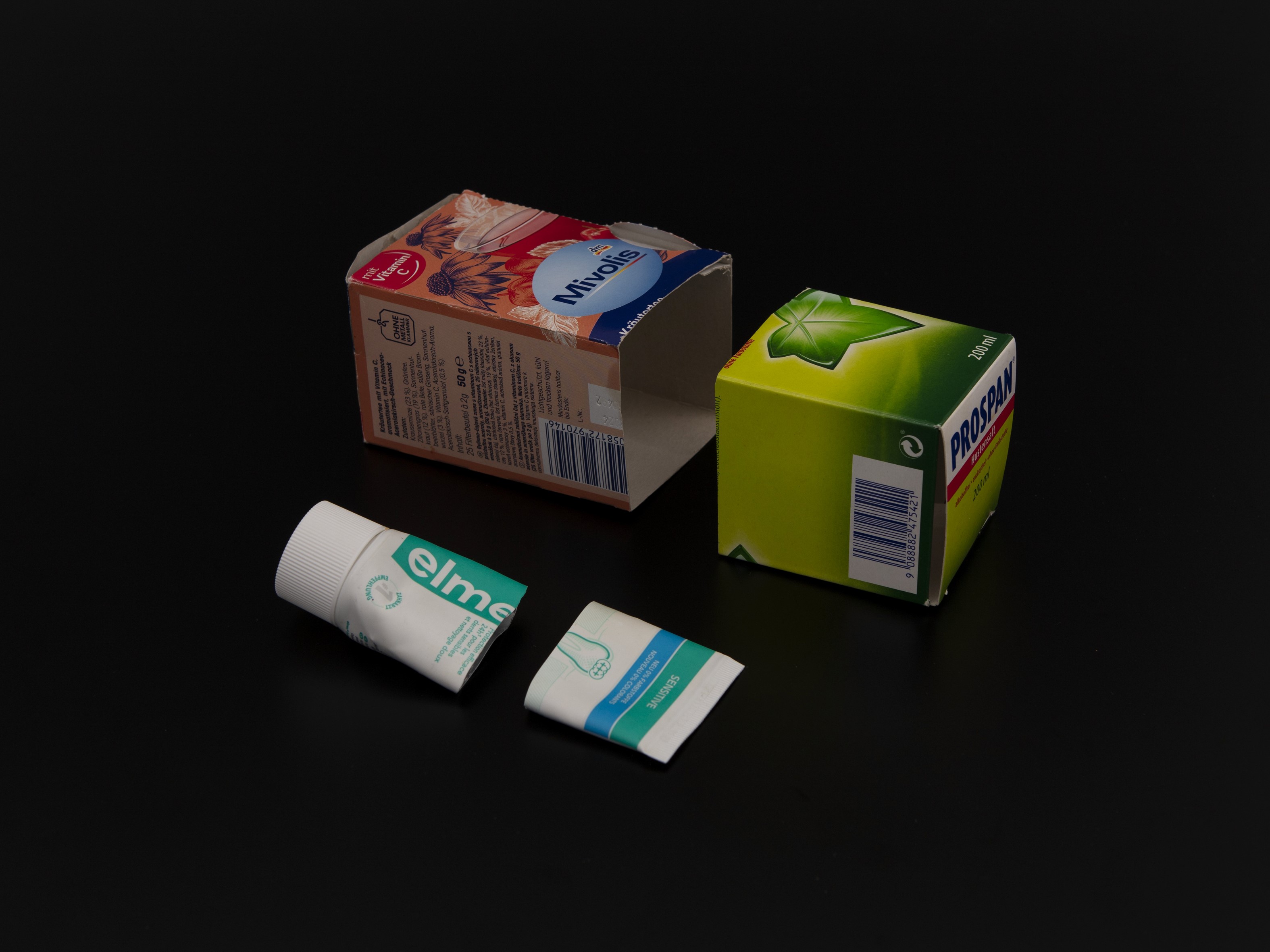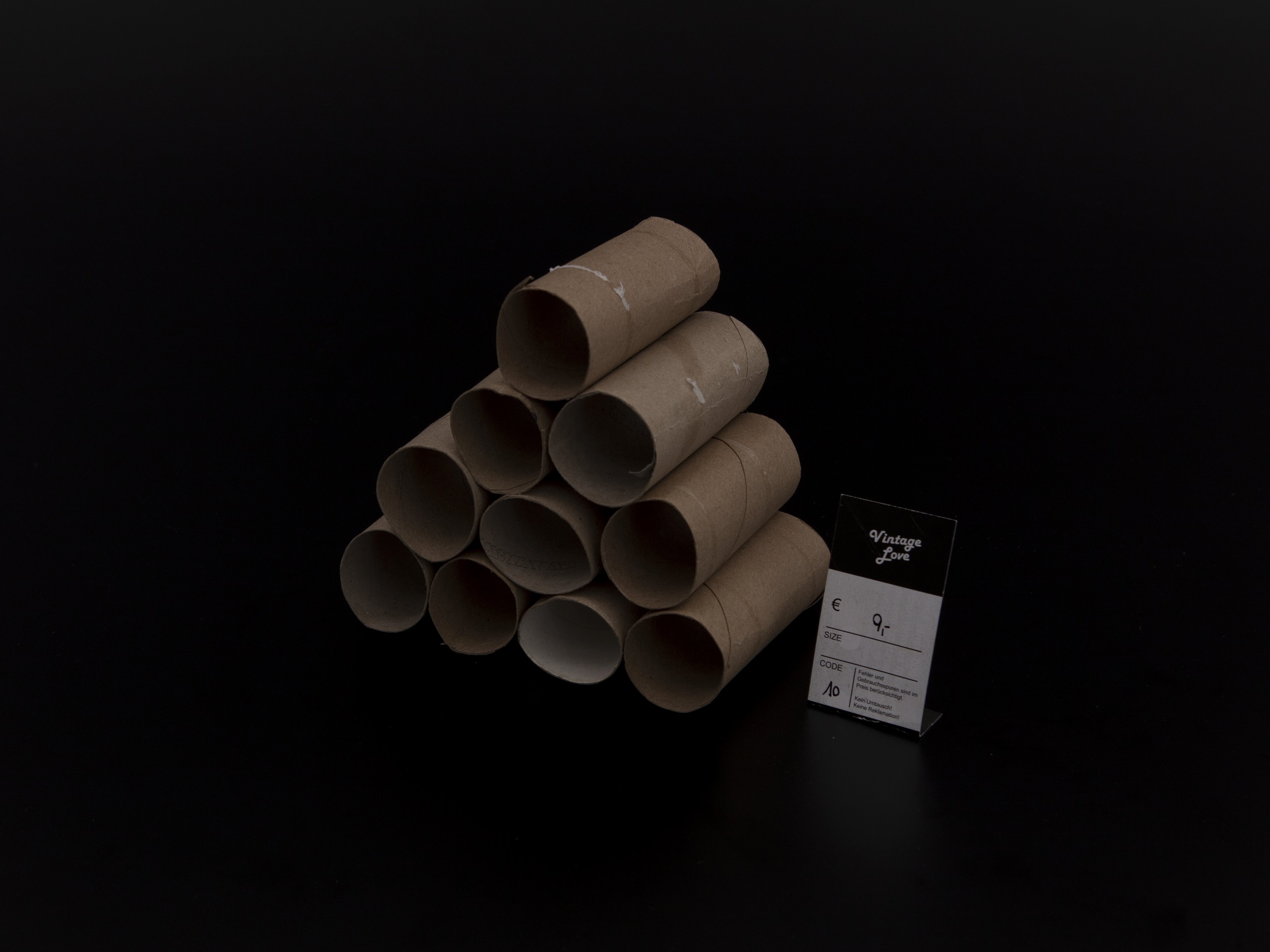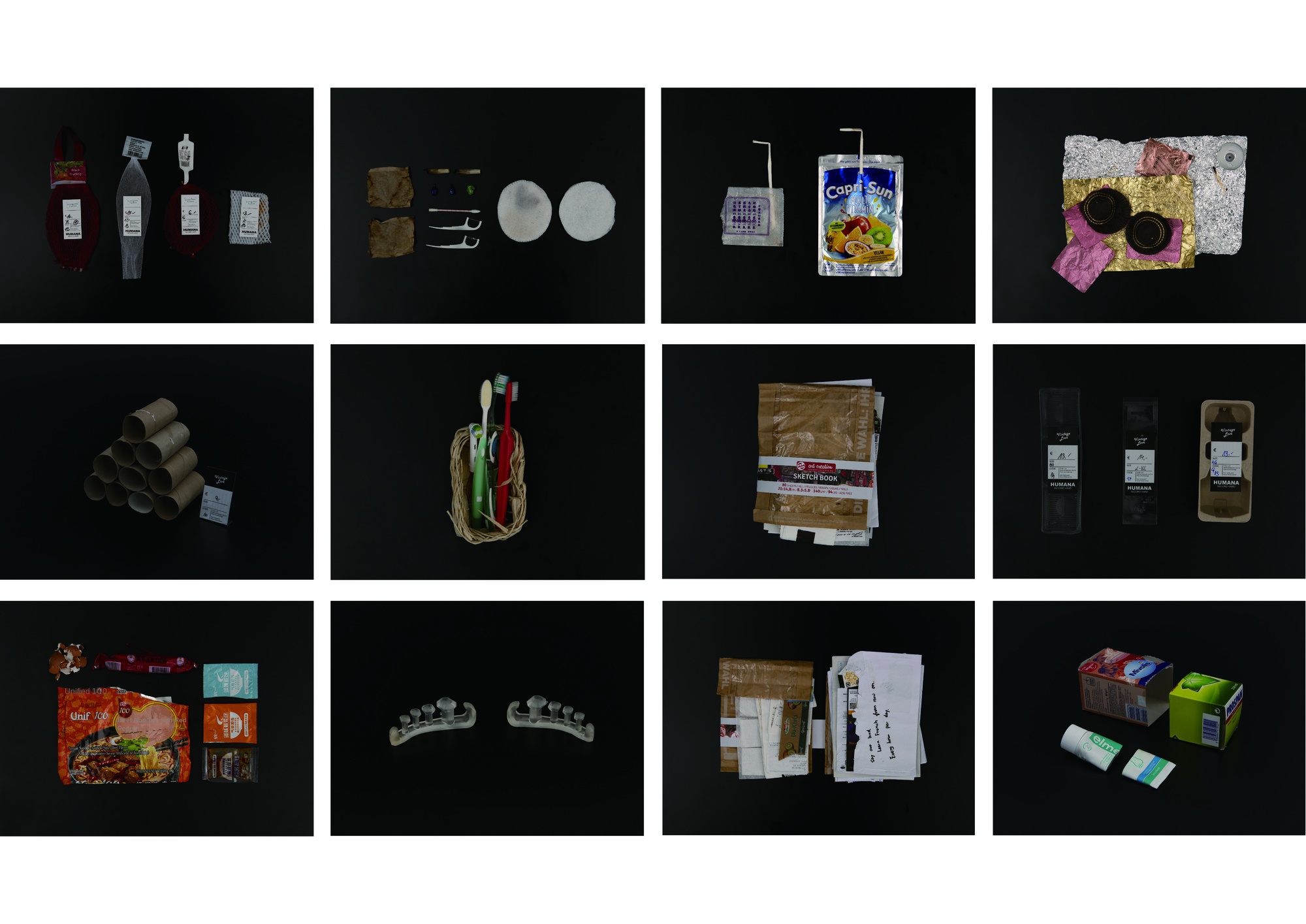
Yesterday's Archival Photography Overview
Supplementary information on yesterday's archival photography
When the garbage is used up, throw it away. It will never be remembered again. The garbage is dirty. The garbage is outdated. The garbage does not need to be seen, and we do not want to see it. Each space has a trash can. But that trash can is also a symbolic container that separates the past from the present, separates the useful from the useless, and makes matter and things invisible in the speculative future. What do we see when we stare silently at the garbage? In this series of photos, Qianwen invites participants who live in the same community to share their own garbage bags and display material using traditional methods similar to archival material photography. Let the audience stop and think: do these discarded items constitute our most accurate common file?
The concept of the Anthropocene was put forward by Nobel laureate Paul Creshen, although it is still controversial in the geological community. However, the impact of human activities on the earth has caused climate change, environmental degradation, mass extinction and ecological crisis.
Since 2010, China's e-commerce has risen rapidly. Taobao and Jingdong, the two major e-commerce giants, have also set up double eleven shopping carnival and 618 shopping festival respectively. "Chopping hands" and "eating soil" have also become the labels that netizens laugh at themselves for not being able to control consumption. In 2015, the rapid development of the takeaway industry, young people as the main force of consumption enjoy unprecedented convenience. We are willing to choose more convenient and faster daily life. Goods and services are constantly being introduced to meet the tastes of consumers. We look forward to a smarter, modern future, but the flip side of the food and e-commerce frenzy is the rapid growth of municipal solid waste. Today, the mainstream social platforms in China are still flooded with commercial operations such as "bringing goods" and "rising powder", and the sharing and expression space of real life is wantonly squeezed by traffic.
Our daily life is full of consumerism. Through the garbage display and shooting of personal micro life, the work speculations on how we think about the relationship between human and industrial goods in this era.
Ms. Zhu studied at the School of Design and Creativity, Tongji University, where her research areas include: Global Challenges and Sustainable Development, Cultural Regeneration and Artistic Strategies, and Communication Design. She believes that design is healing and linking to society. In recent years, she has been active in Shanghai's neighborhoods, insisting on a participatory approach as a path to design practice. He is also actively involved in community curation and related visual design projects.
